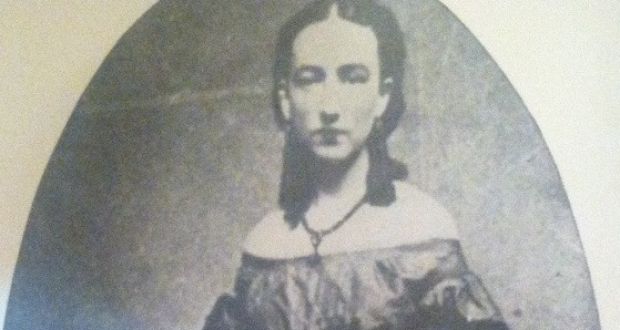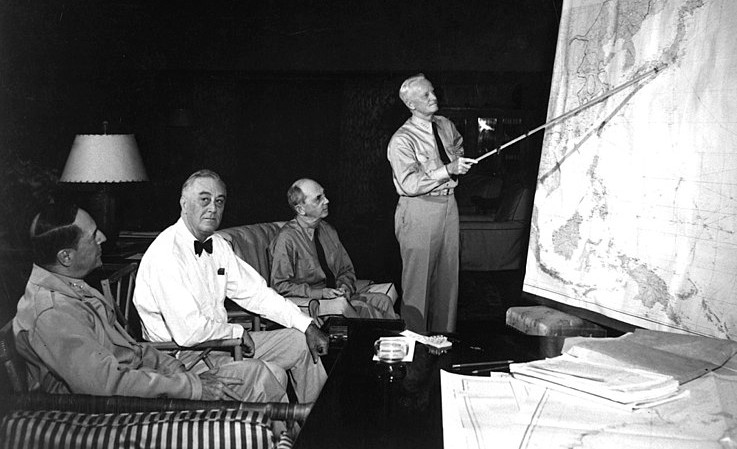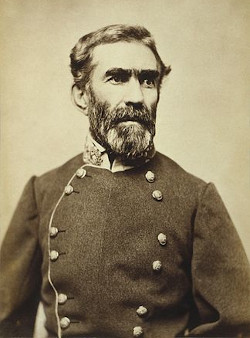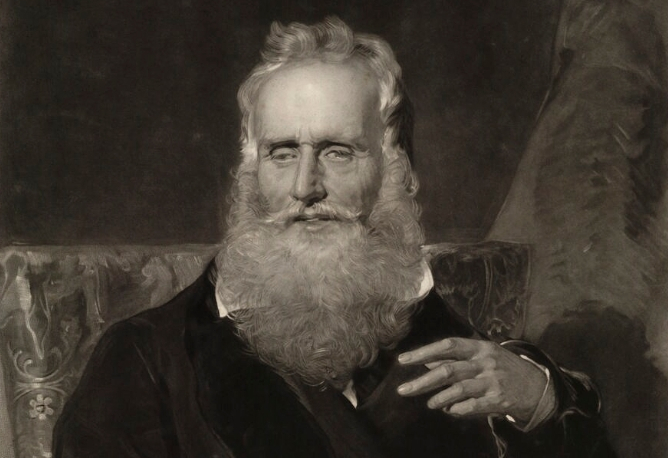Around 1220, Oxford University proposed this form letter for young scholars seeking money from their patrons:
To his venerable master A., greeting. This is to inform you that I am studying at Oxford with great diligence, but the matter of money stands greatly in the way of my promotion, as it is now two months since I spent the last of what you sent me. The city is expensive and makes many demands. I have to rent lodgings, buy necessaries, and provide for many other things which I cannot now specify. Wherefore I respectfully beg your paternity that by the promptings of divine pity you may assist me, so that I may be able to complete what I have well begun.
One father wrote, “A student’s first song is a demand for money, and there will never be a letter which does not ask for cash.”
(From Charles H. Haskins, The Life of Medieval Students as Illustrated by Their Letters, 1898.) (Thanks, Paul.)








